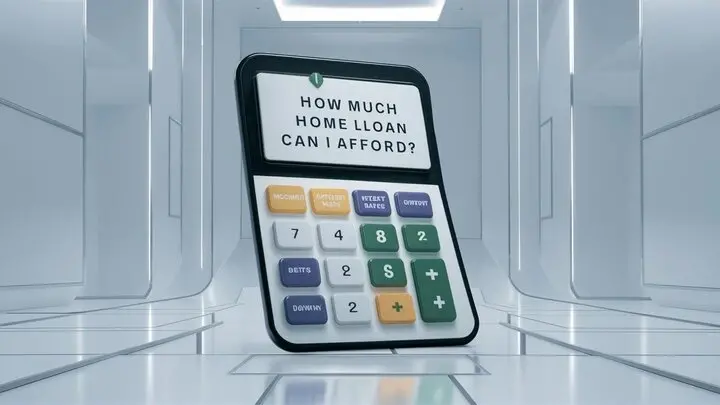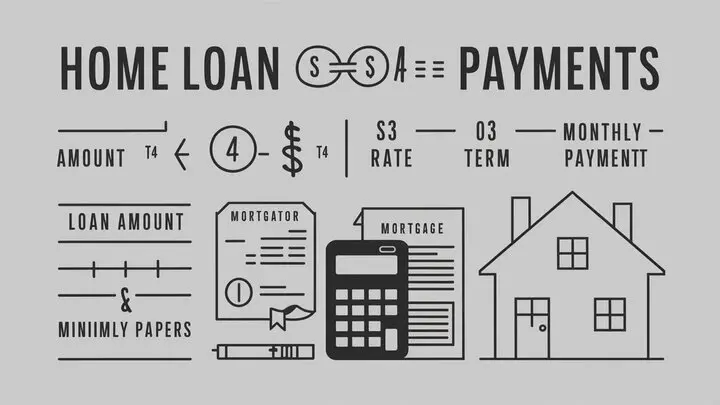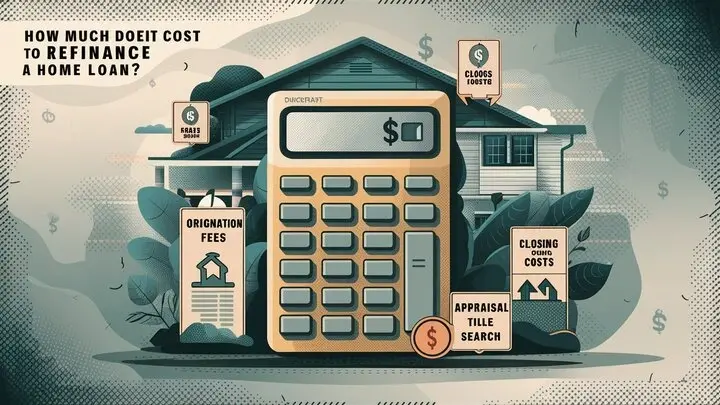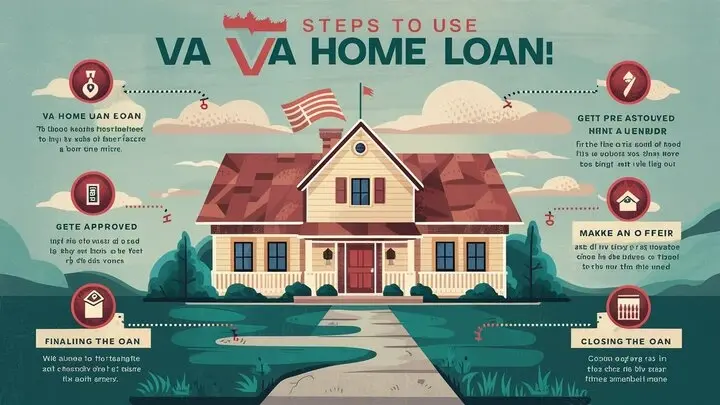-
Posted on: 23 Aug 2024
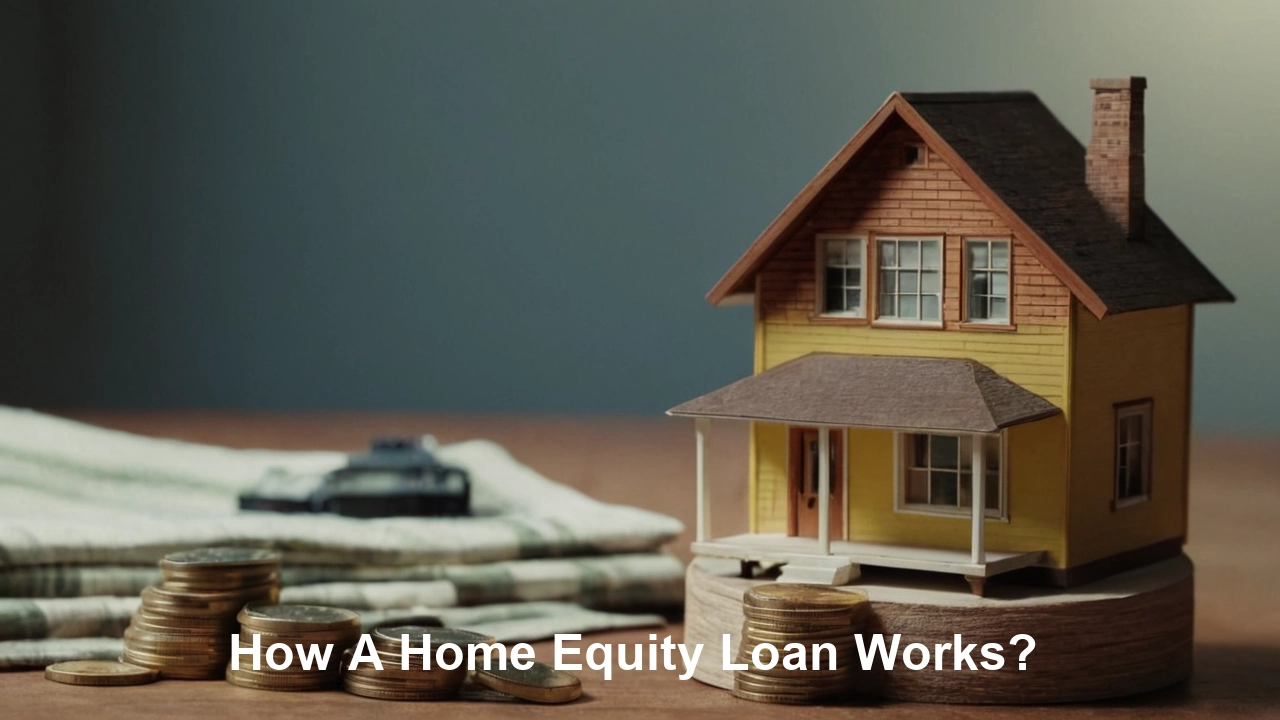
-
Home Equity Loans
Basic Information A home equity loan is thus a process through which any homeowner can access the equity that they have in their home. Equity is the amount that you have in your home, which is the difference between the market value of your home and the balance of your mortgage. If you make your down payment and pay your mortgage for several years, you can now have thousands of dollars in home equity at this juncture.
A home equity loan or line of credit lets you do that – tapping into that equity to borrow funds. It operates just like how you initially bought the home through a financial plan, but instead, the home secures the money that you borrow. Home equity loans and lines of credit are generally less expensive than other forms of financing such as credit cards or personal loans.
The following are some of the aspects that people are interested in when asking how home equity loans work: In a home equity loan, you borrow money in cash and pay it back gradually over an agreed period. Like any other type of loan, it is repaid gradually in equal installments over a fixed period, which ranges from 5 to 30 years on average. The loan amount is determined by how much home equity you have, your credit, and your debt-to-income ratio. Lenders commonly permit you to borrow up to 85 percent of your home’s value reduced by the amount that is owed on your mortgage.
A home equity line of credit HELOC on the other hand works more like a credit card. Credit card – this is where you can be given a certain limit of credit and you can use it whenever you want. This means that you are only charged interest on the amount of capital that you have utilized. And as you are repaying the principal, that credit is made available to be accessed again. HELOCs typically have variable interest rates, so the amount that you would be required to pay would fluctuate over time.
Advantages of Home Equity Investment Despite this, several possible advantages make home equity loans and lines of credit attractive to homeowners.
-
Favorable interest rates Housing loans are amongst the cheapest in the market when it comes to interest rates. Still, even 5-6 can be much higher than the rate you would be given for an unsecured loan. This can also save a lot of interest, especially for larger loans and for those with a higher interest rate.
-
Useful for home projects Home improvement or remodeling projects are one of the most common uses for home equity loans. Projects such as finishing a basement, adding a deck, or remodeling a kitchen not only improve your quality of life but may also add value to your home.
-
Pay off high-interest debt Credit cards, car loans, and student loans have higher interest rates that can reach up to 20%. If you have good equity available, you may be able to consolidate these debts into a lower-rate home equity loan and reduce your overall interest costs.
- Accessing equity without selling In some situations such as college fees, medical bills, or loss of employment for some time, you may be forced to sell your home and access the equity. Home equity loan lets you tap that cash without having to move to a new place as it would be required when investing in another home.
Risks to Understand While home equity financing has its merits, there are some downsides to consider as well:
-
However, one disadvantage of a home equity loan is that you can lose your home since your home is used as security when taking the loan. Failure to make the payments on home equity debt means that the homeowner could lose his/her home or house through foreclosure.
-
Closing costs apply As with most loans, there are closing costs equal to 2-5 of the loan amount. This in turn reduces the actual cash you get hold of.
-
HELOCs can have fluctuating interest rates The interest rates on home equity lines of credit are not fixed at a particular rate for the entire term of the loan. Also, be ready for the fact that payment may increase in the long run.
- Equity borrowing takes away part of your ownership The amount of equity you borrow shrinks your outright equity in your home. This can prove to be disadvantageous since the house becomes difficult to sell or to be refinanced in the future.
Advice on Getting a Home Equity Loan If you determine a home equity loan or HELOC does make sense for your situation, here are some tips as you apply:
-
Take some time and look for more Several companies provide home equity loans and lines of credit. Find favorable terms, rates, and fees that are offered by a potential choice. There are instances where online lenders quote very low interest rates.
-
Verify your home value Establish a fair estimate of the current market price of your home before applying. An appraisal may be necessary if the lender does not trust the value assigned.
-
Costs of the loan Go through the costs of the loan, repayment terms, taxation, and other related aspects before agreeing to a home equity loan offer.
-
Think about loan limits Some states set a total of borrowing at 80-85 percent of your home’s value. Verify your state laws on home equity lending.
- Look at the rate history It is possible to look at the historical rates of HELOCs and try to predict what further hikes will be like based on past hikes.
Responsible Use of Home Equity Loans Home equity loans and lines of credit are a source of reasonably low-cost funds for homeowners. Still it is debt which has to be repaid over a period of several years or so. Take care not to borrow too much – use home equity more conservatively. Home equity should not be used to make extra purchases but it is wise to pay off high-rate debts first before using home equity. And have a repayment plan for any equity loans which you are going to take out.
Need better credit? Call (888) 803-7889 and let the experts help you!
-

